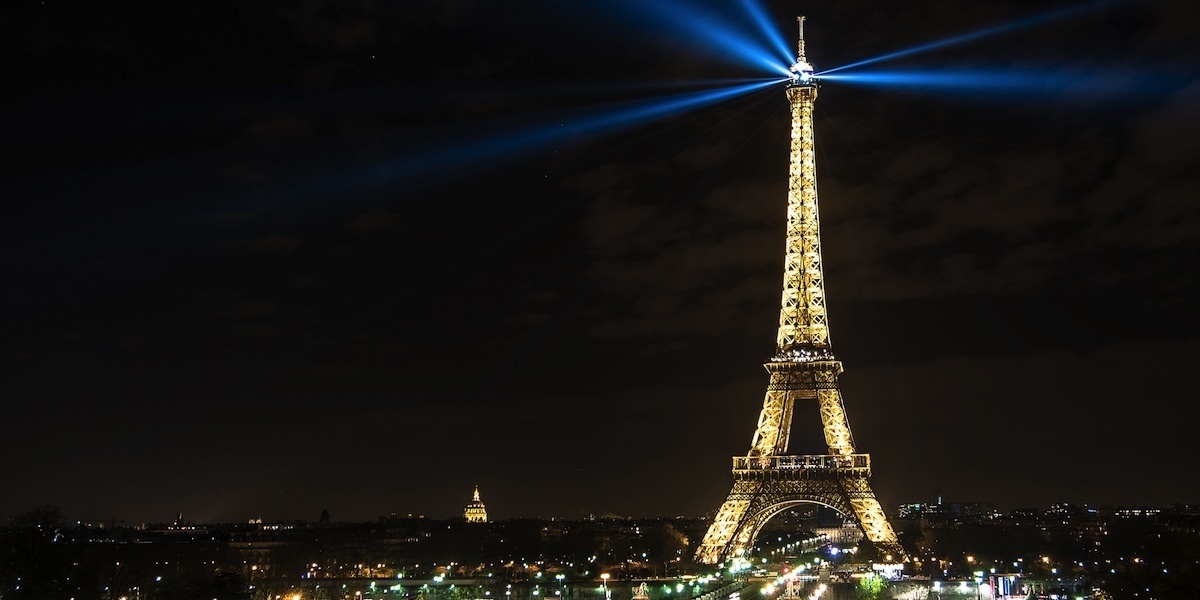

The French parliament passed a law on Tuesday that bans exploration and production of all
oil and natural gas by 2040 within mainland France and all overseas territories.
Under the new law, France will not grant new permits or renew existing licenses that allow fracking or the extraction of fossil fuels.
French President Emmanuel Macron, who has cast environmental protection as a key presidential policy, celebrated the vote.
“Very proud that France has become the first country in the world today to ban any new oil exploration licences with immediate effect and all oil extraction by 2040. #KeepItInTheGround #MakeOurPlanetGreatAgain,” he tweeted.
Very proud that France has become the first country in the world today to ban any new oil exploration licences with immediate effect and all oil extraction by 2040. #KeepItInTheGround #MakeOurPlanetGreatAgain
— Emmanuel Macron (@EmmanuelMacron) December 19, 2017
Some, however, consider the gesture largely symbolic as the country is 99 percent dependent on hydrocarbon imports and extracts very little of its own oil and gas. According to
Quartz, France produces about 16,000 barrels a day—much less in comparison to Saudi Arabia’s output of 10.4 million barrels or Russia’s 10.5 million barrels.
Still, the move from the world’s fifth largest economy sends a signal to other nations. Socialist lawmaker Delphine Batho
said she hoped the ban would be “contagious.”
France has made ambitious pledges under the
Paris climate agreement, including a 40 percent emissions reduction by 2030, and a 75 percent emissions reduction by 2050, compared to 1990 levels. To achieve these targets, the country plans to increase the share of renewable energy in final energy consumption to 32 percent by 2030 and reduce energy consumption by 50 percent by 2050.
France also
plans to ban the sale of diesel and petrol engine cars by 2040.

 233k
233k  41k
41k  Subscribe
Subscribe 